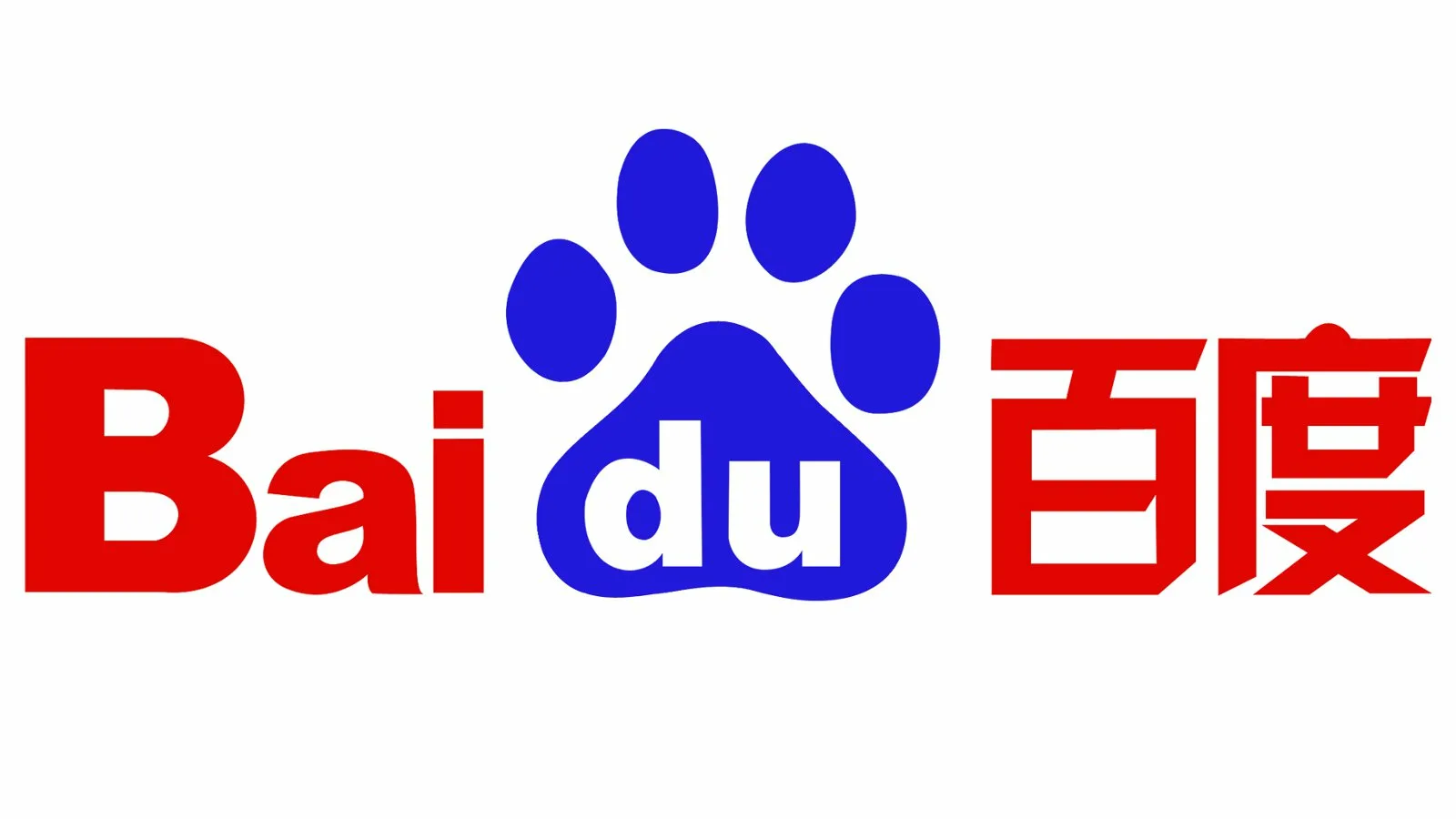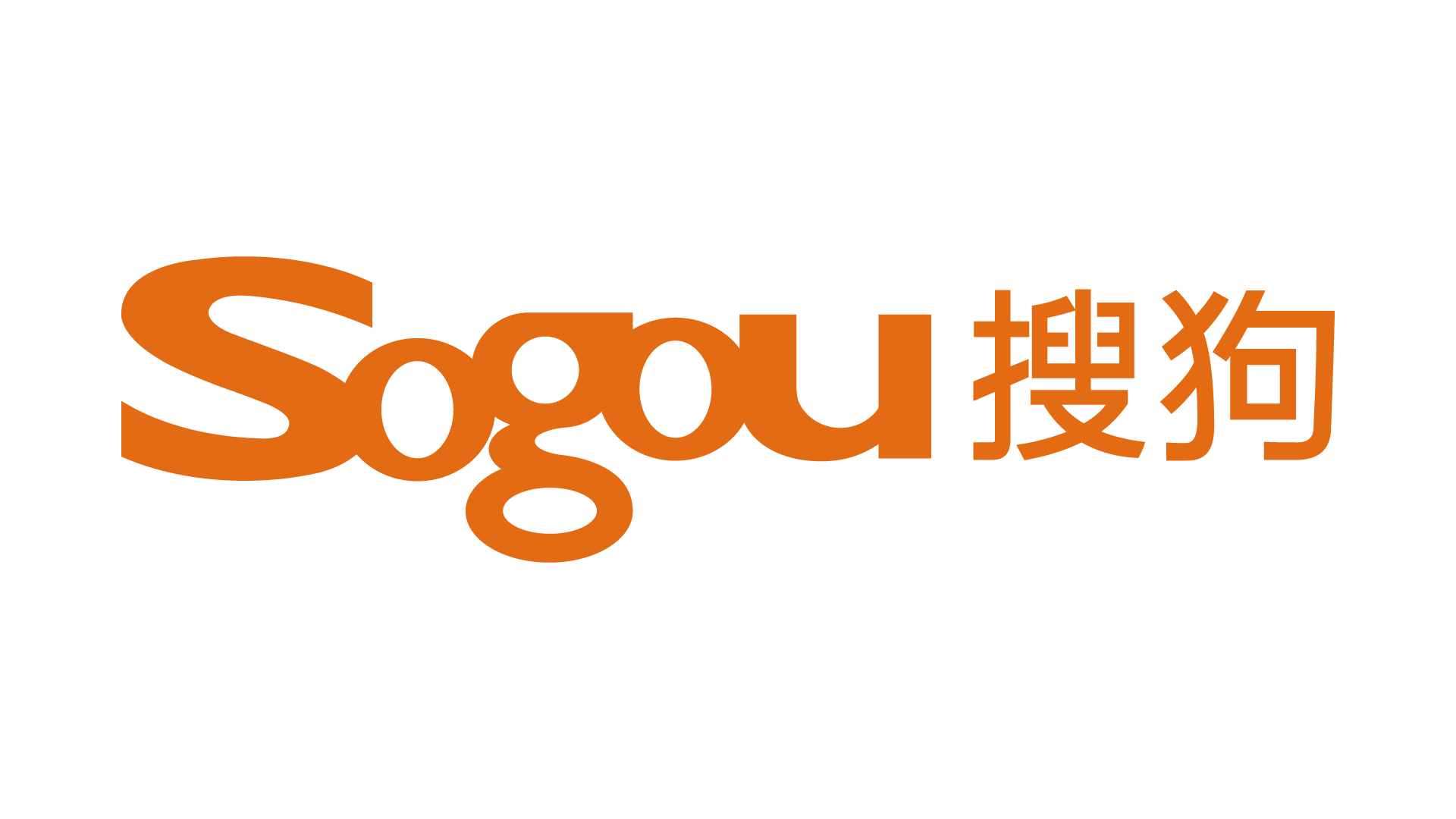Top Chinese Search Engines in 2023
This article provides insights into the most popular search engines that are essential for promotional activities in the Chinese Internet landscape.
Contents:
-
Introduction to the Internet in Chinese
-
Statistics of the Chinese Search Engine Market
-
-
SEO and PPC in popular Chinese search engines
-
-
Introduction to the Internet in Chinese
There are many differences between the Internet in China and other countries. If you live in the US, it is easy to access globally popular applications like Instagram or Facebook, but they are blocked in China. If you want to create your own website in China, you need a special Internet Content Provider license (ICP), which requires a Chinese legal entity and other requirements.
The primary differentiating factor lies in the presence of local search engines. While individuals in Western countries have convenient access to western search engines like Google or Yahoo, these platforms are inaccessible in China. Instead, China has its own distinct set of search engines, such as Baidu or Sogou.
Certainly, the distinct service distribution infrastructure and search engine algorithms employed by popular search engines in China significantly differ from their foreign counterparts, resulting in varied search results for Chinese users. This divergence has a notable impact on SEO strategies in China and the practice of search engine marketing targeted at Chinese audiences.
Hence, having a comprehensive understanding of the major search engines in China becomes crucial when aiming to promote through Chinese websites and web browsers within the country, as well as enhancing organic search results through effective search engine optimization campaigns.
Statistics of the Chinese Search Engine Market
To begin, let's delve into some fundamental statistics concerning the Chinese search engine market.
Chinese Internet Users
First, the number of Internet users in China has increased in recent years. In addition, most Chinese users actively use search engines, and their number has also shown steady growth.
The number of Internet and search engine users in China
However, considering the internet penetration and the percentage of search engine usage in China, we can see a short decline in demand for Chinese search engine services in 2020-2022.
The fact is that online marketing in the Chinese market today is based more on efficient work with social networks, which often replace website promotion.
Besides, any online marketplace in China allows Chinese customers to get all the necessary information about products, for example, on Alibaba shopping properties such as Taobao or Tmall. In addition, online sales on marketplaces are more convenient and reliable for Chinese customers than online stores on websites.
Internet penetration and percentage of search engine usage in China
However, most Chinese users continue to use top search engines, which still play an important role in multichannel promotion by implementing search engine marketing tools.
Then, focus on devices that allow you to attract traffic. The most popular category is mobile devices, which are used by nearly 99.6% of Internet users. Thus, mobile search services are more popular in China than, for example, desktop search services.
Percentage of Internet-accessed devices usage
Key Players in the Search Engine Market in China
Baidu is the most used search engine in China across all platforms, particularly on mobile devices. The number one search engine in China maintains a considerable search engine market share which is nearly 61.7% .
Baidu has been contending with competition from different search engines, notably Bing, which is the second largest search engine in the Chinese market. As for desktop search, Bing holds a search engine market share of 27.91 percent, posing a significant challenge to Baidu's dominance.
In spite of the censorship of the Chinese government, it is possible to access Google, for example, in Hong Kong or through a VPN. This shows that both Chinese and foreign search engines (Bing, Google, and others) are among the most popular in China.
Average market share of Chinese search engines in last 12 months (all platforms)
Average market share of Chinese search engines in last 12 months (desktop)
Average market share of Chinese search engines in last 12 months (tablet)
Average market share of Chinese search engines in last 12 months (mobile)
Top 5 Chinese Search Engines
Baidu
With an impressive market share of over 60% and approximately 648 million active users, Baidu reigns as the dominant search engine in China. In stark contrast, the second largest censored search engine, Bing, has only 14.09% market share within the country.
The most popular search engine in China is a central part of the large Internet company Baidu, which today has an entire ecosystem of different applications. The interface is only available in simplified Chinese characters.
Although Baidu primarily caters to Chinese users, a noteworthy segment of its user base is comprised of individuals from Japan and the United States. Baidu's search engine results page (SERP) closely resembles the familiar format of Google, featuring two columns that present a mix of paid and organic results, along with supplementary services like maps and image search.
However, there are distinct differences, including Baidu's dominance of ads and rich snippets within the SERPs, the prioritization of its own sites such as Baike (Baidu encyclopedia), Tieba, Zhidao, Baidu News, the exclusive ranking of Chinese/Mandarin sites, and the presence of a domain credibility system that allows sites to increase their trust ratings through monetary means.
Sogou
While Baidu continues to maintain its dominance as the primary search engine in China, Sogou has emerged as a formidable competitor in the market. With a market share of approximately 11.22%, excluding Microsoft-owned Bing, Sogou secures its position as the second largest Chinese search engine, closely following Baidu. Although it is unlikely to overtake its rival, Sogou remains resilient and shows consistent growth.
Sogou has taken the lead in the expanding voice-activated search market in China. Its mobile application, Sogou Pinyin, handles an impressive volume of up to 800 million voice queries per day, serving a user base of over 450 million people. This remarkable achievement solidifies Sogou Pinyin as one of the most popular apps in China.
It possesses a notable advantage as the exclusive search engine in China capable of locating public accounts on WeChat, aside from its commendable performance in voice and desktop search. Moreover, Sogou holds the position of default search engine for QQ, which are two of China's prominent "super apps" owned by Tencent.
Sogou exhibits a range of features that bolster its competitiveness, such as robust translation capabilities, personalized "skins," and the Sogou AI writing assistant. With optimized algorithms, the AI writing assistant provides precise and accurate results, significantly enhancing the overall user experience.
With its remarkable features, Sogou is solidifying its position as a strong contender to Baidu and positioning itself as a forward-thinking search engine that aims to attract and cater to the evolving requirements of the next generation of Chinese Internet users.
Haosou (360 Search)
The other search engine with a significant presence in China is Haosou, which is owned by Qihoo. It has a 4.5% share of the Chinese search market. The company primarily targets professional, tech-savvy users who are aware of web security issues and is pre-installed as the default browser on most Chinese computers.
The important search engine was initially known as 360, and later changed to "Haosou" in 2016 after being backed by a major internet provider in China.
The change in domain name and interface was aimed at simplifying the user experience while improving mobile optimization. As a result, Haosou has become a significant player in the B2B space, largely due to the company's emphasis on security features, which many Chinese companies recommend.
In addition, site rankings tend to reflect the emphasis on cybersecurity, with sites that have more authority and reliability appearing higher in the rankings.
Shenma
Shenma, a preeminent mobile-only search engine in China, offers a unique blend of search functionality, app store integration and e-commerce capabilities.
As a subsidiary of Alibaba, the country's largest e-commerce company, Shenma benefits from its integration with UC Browser (UC Web), a widely used Internet browser in China, providing access to a staggering user base of over 500 million.
As a versatile cross-platform application, Shenma provides users with a wide range of products from Alibaba and various e-commerce platforms, as well as access to apps and novels, while integrating product reviews into its search engine results page (SERP).
Shenma serves as a valuable tool for users to discover and validate products for purchase or download, making it an essential resource in the e-commerce landscape. For international businesses, Shenma offers a lucrative opportunity to target and engage with e-commerce shoppers who are actively searching for specific product-related keywords. Brands can optimize their online presence by strategically leveraging these keywords and using paid advertising to drive sales and maximize visibility.
Search results on Shenma prominently display ads, especially from respected platforms such as Taobao and TMall. By developing a well-crafted advertising strategy, businesses can effectively reach Shenma's substantial user base, which has helped the platform secure a significant share of approximately 2.35% of China's mobile Internet market.
WeChat Search
WeChat, which is an integral part of the online marketing industry in China, provides users with a wide range of features, such as messaging services, WeChat payment options, ride-hailing services, booking and reservation options, and news and other information.
In 2017, the company expanded its offerings and introduced a search function. Initially, users were able to opt-in to this feature, but it was later officially added to the platform.
The WeChat search function allows users to search within different categories, including WeChat moments, mini programs, articles, stickers, official accounts, videos, QQ music, books, etc.
The partnership with Sogou has played a significant role in improving the search engine's offerings, highlighting its importance to over 1 billion WeChat users. As a relatively new feature, marketers have yet to fully understand its potential and assess its true impact.
Given the current state of the Chinese search market, Tencent may make a strategic decision in this area if it wants to expand its market share.
SEO and PPC in popular Chinese search engines
Popular Chinese search engines such as Baidu, SEO and PPC (Pay-Per-Click) play a crucial role in online marketing strategies.
SEO focuses on optimizing website content, structure and keywords to improve organic search rankings, while PPC involves paid advertising campaigns where advertisers bid for keywords and pay when their ads are clicked.
Baidu offers SEO services through its Webmaster Tools and provides a platform for PPC advertising called Baidu Tuiguang, enabling businesses to effectively target their desired audience and drive traffic to their websites.
Conclusion
All in all, the Chinese Internet space is different from the Western one. If you want to promote here, you need to know about the largest search engines in China, which include local market players available for promotion in the country. If you need to launch an SEO campaign or targeted advertising, contact us and our specialists will introduce you to all available opportunities.
FAQ
Which search engine is most popular in China?
Baidu retains its position as the top search engine in China, with a search engine market share of 61.47% as reported by Statcounter in June 2023.
What is the most popular default search engine for China?
360 Search is among the popular search engines in China and often referred to as the Chinese counterpart of Internet Explorer.
Do the most popular search engines in China differ from each other?
Indeed, there are notable distinctions among popular search engines in China, particularly concerning search algorithms and organic search results. Baidu, for instance, has a unique approach where it prioritizes indexing its applications at the top of search results, setting it apart from other search engines.
With Baidu SEO, how can I promote my brand?
To use Baidu SEO for promotion, optimize your website with Chinese keywords, meta tags and descriptions, follow Baidu's guidelines, and build quality backlinks from reputable Chinese websites while using Baidu Webmaster Tools. You can also use Baidu Ads to complement your SEO strategy.
What are the main tendencies of the China search engine market?
Over the past years, there has been a slight decrease in the usage percentage of Chinese search engines. Nonetheless, search engines in China still maintain a substantial user base, and the market remains competitive due to active development, not only by Baidu, which holds market dominance, but also by other Chinese search engines.
What are the market percentages of the top search engines in China?
As per the market share distribution of top search engines in June 2023 (across all platforms) provided by Statcounter, the rankings are as follows: Baidu - 61.47%, Bing - 14.44%, Sogou - 13.77%, and Haosu - 3.09%.
How many netizens use Chinese search engines?
According to CNNIC, there were approximately 821 million Chinese search engine users in June 2022.
Tell us about your Project
TURKEY, ISTANBUL
Сaferağa Mah.General Asim Gündüz Cad.no:62 iç kapı no:5 kadıköy / İstanbul / turkey
Tel.:+90 (534) 215 69 76
About us
The team of China Digital Marketing Agency offers all-round marketing and online brand promotion in China.
Meet us Chinese version Site mapSERVICES:
DEVELOPMENT
Website Mobile apps ICP license Hosting in China Domain registration in ChinaSMM
Promotion on social media WeChat Weibo Douyin Youku BilibiliCONSULTING
Marketing Research in ChinaAdvertising in Baidu
Contextual advertising SEO promotionChinese tourists
Infrastructure preparation and attracting tourists from ChinaMini programs in WeChat
Development, design and promotion Enabling WeChat Pay Enabling AlipayContacts
We process your applications 24/7.
© 2018-2024 China Digital Marketing Agency Terms of Use | Privacy Policy













